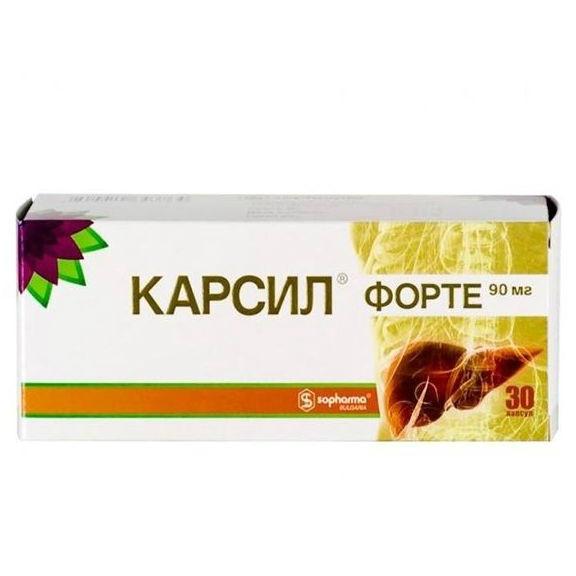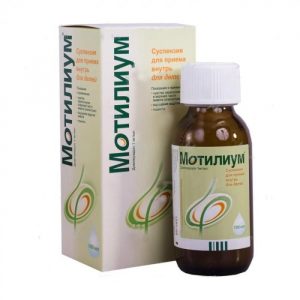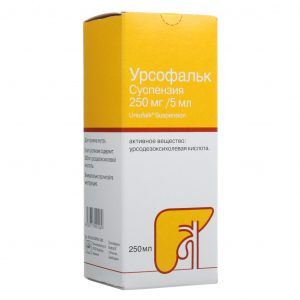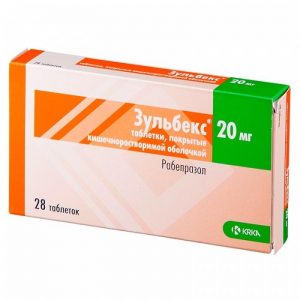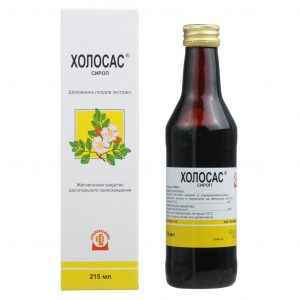Description
Packing
30 pcs
Pharmacological action
Kardura – Alpha 1-blocker.
Benign prostatic hyperplasia: Prescribing doxazosin to patients with symptoms of benign prostatic hyperplasia (BPH) leads to a significant improvement in urodynamics and a decrease in the manifestation of symptoms of the disease. This action of the drug is associated with selective blockade of a-adrenergic receptors located in the stroma and capsule of the prostate gland and the neck of the bladder. It is proved that doxazosin is a blocker of A1-adrenergic receptors of subtype 1A, which account for approximately 70% of all subtypes of A1-adrenergic receptors present in the prostate. This explains its effect in patients with BPH. The supporting effect of Kardura treatment and its safety have been proven with prolonged use of the drug (for example, up to 48 months).
The use of Cardura in patients with arterial hypertension leads to a significant decrease in blood pressure as a result of a decrease in OPSS. The appearance of this effect is associated with selective blockade of A1-adrenergic receptors located in the vascular network. When taking the drug 1 time / day, the clinically significant hypotensive effect persists for 24 hours. Blood pressure decreases gradually, the maximum effect is usually observed 2-6 hours after taking the drug. In patients with arterial hypertension, blood pressure during treatment with doxazosin was the same when lying and standing. In contrast to non-selective alpha-blockers, long-term treatment with doxazosin did not develop drug tolerance. which is a mixture of 4 isomers of flavonolignans: silibinin, isosilibinin, silidianin and silicristine.
The mechanism of action of the drug is still not well understood. It was found that the hepatoprotective effect of silymarin is determined by the competitive interaction with toxins on the corresponding receptors in the hepatocyte membrane, thus manifesting membrane stabilizing effect.
Silymarin exerts metabolic and cell-regulating effects by regulating the permeability of the cell membrane, suppressing the 5-lipoxygenase pathway, in particular LT B4, and also by binding to free reactive oxygen radicals. Stimulates the synthesis of proteins (structural and functional) and phospholipids in affected hepatocytes, accelerating regenerative processes. The action of flavonoids, to which silymarin belongs, also due to their antioxidant and microcirculatory enhancing effects. Clinically, these effects are expressed in the improvement of subjective and objective symptoms and in the normalization of indicators of the functional state of the liver (transaminases, -Globulin, bilirubin). This leads to an improvement in the general condition, a decrease in complaints related to digestion, and in patients with reduced digestion due to liver disease, it leads to an increase in appetite and an increase in body weight.
Indications of
As part of complex therapy: toxic liver damage
condition after acute hepatitis
chronic hepatitis of non-viral etiology
liver steatosis (non-alcoholic and alcoholic)
liver cirrhosis
prophylaxis in the treatment of chronic liver disease (drug therapy) .h. professional).
Contraindications
hypersensitivity to the active or any of the excipients of the drug Karsil Forte
lactase deficiency, galactosemia or glucose / galactose malabsorption syndrome (presence of lactose in the preparation)
celiac disease (gluten enteroperopathy) years.
Caution: patients with hormonal disorders (endometriosis, uterine fibroids, carcinoma of the mammary gland, ovary and uterus, carcinoma of the prostate gland) may cause the estrogen-like effect of silymarin.
Use during pregnancy and lactation
During pregnancy and during lactation (breastfeeding), the drug is not recommended.
Composition
1 capsule contains: milk thistle fruit extract dry 163.6 225 mg (equivalent to 90 mg silymarin content)
Dosage and administration
Karsil Forte must be taken orally with plenty of water.
Adults and children over 12 years of age: Treatment of severe liver damage begins with a dose of 1 caps. 3 times a day.
For milder and more severe cases, the dosage is 1 caps. 1-2 times a day.
For the prevention of chemical intoxication – 1-2 caps. in a day.
The course of treatment is at least 3 months.
Children under 12 years of age: there is insufficient clinical data for use.
Side effects
The drug is well tolerated. The following side effects are rarely observed.
From the gastrointestinal tract: nausea, dyspepsia, diarrhea.
From the skin: in isolated cases, skin allergic reactions are possible – itching, rash, alopecia.
Others: it is rarely possible to observe an increase in existing vestibular disorders.
Side effects are transient and disappear after discontinuation of the drug.
Drug Interactions
When co-administered with silymarin with oral contraceptives and drugs used in hormone replacement therapy, the effects of the latter may be diminished.
Silymarin can enhance the effects of drugs such as diazepam, alprazolam, ketoconazole, lovastatin, vinblastine, due to its suppressive effect on the cytochrome P 450 system.
Overdose
no case of overdose has been reported. If you accidentally take a dose several times higher than therapeutic, it is necessary to induce vomiting, wash your stomach, take activated charcoal and, if necessary, carry out symptomatic treatment.
Storage conditions
In a dry, dark in a light place, at a temperature not exceeding 25 ° C
Expiration
2 years.
Active ingredient
Milk thistle fruit
dosage form
dosage form
capsules
Sofarma Bulgaria
